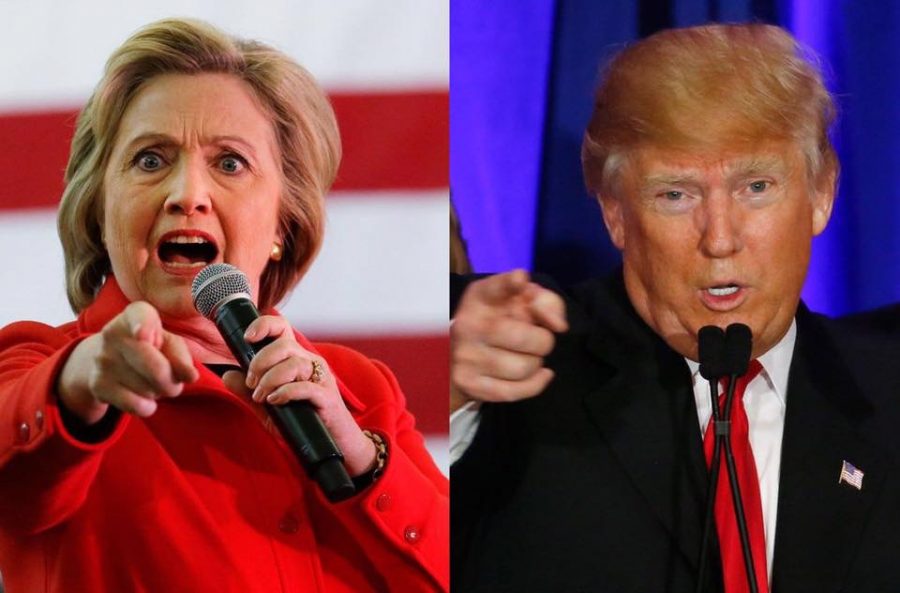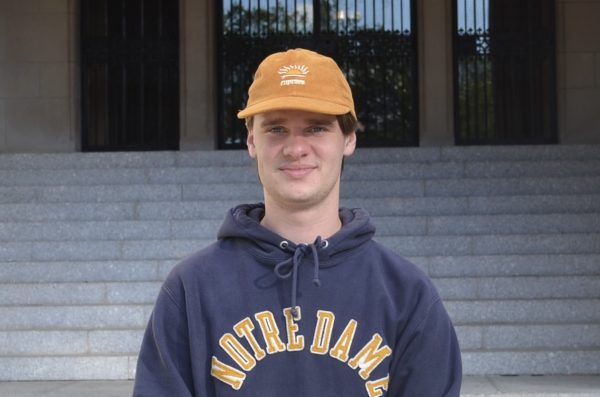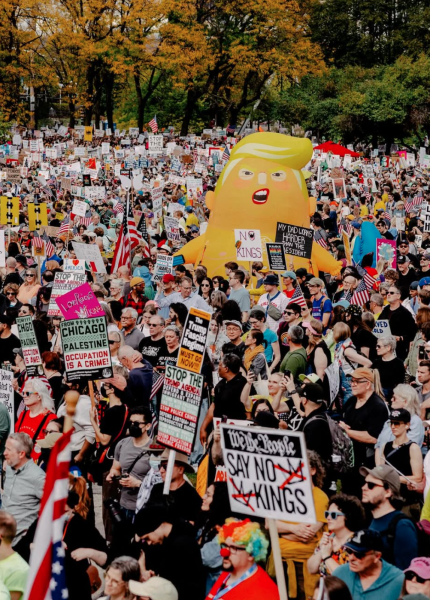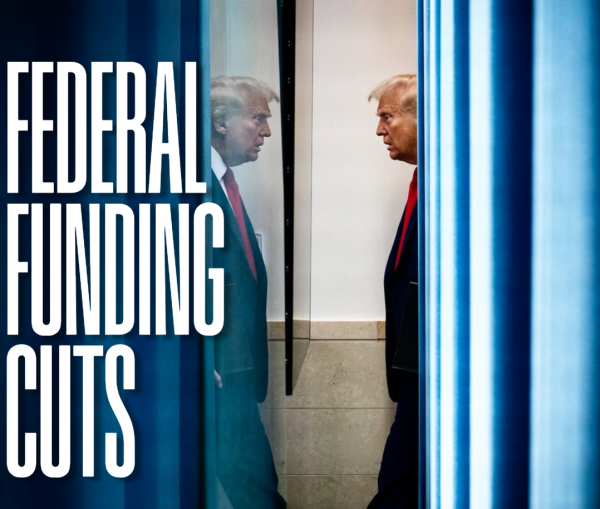Personal Hate Has No Place In Debate
By Jana Tehfe
“No ma’am, he’s a decent family man, a citizen that I just happen to have disagreements with on fundamental issues, and that’s what this campaign is all about.”
Those were the words of the late Senator John McCain when confronted at his rally by a woman during the 2008 presidential campaign who claimed she could not trust Barack Obama because he was Arab.
McCain continued to defend and voice his respect for his opponent throughout his campaign. In 2013 Obama called McCain a “person of classic integrity” and, after the passing of his rival, Obama released a statement saying “… all of us can aspire to the courage to put the greater good above our own.
At John’s best, he showed us what that means. And for that, we are all in his debt.” Also in 2013 former President George W. Bush came to Obama’s defense when he was criticized for playing too much golf. In an interview, Bush asserted that “I think he ought to play golf because I know what it’s like to be in the bubble. I know the pressures of the job, and to be able to get outside and play golf with some of your pals is important for the president.”
These are all examples of respectable and powerful people showing the public how to act with honor and dignity in a notoriously intense political setting.
These are the figures we should all be looking up to and imitating in our interactions with other people in society.
The United States’ 2016 presidential campaign was a step backwards in professionalism in the eyes of the public and other nations.
Both candidates, current-President Donald Trump and opponent Hillary Clinton, succumbed to ad hominem attacks instead of debating and discussing the issue at hand.
There were multiple occasions where either or both candidates would steer away from the topic they were supposed to be debating, only to attack the latest flaw in the other’s mentality. They strove to tear down the other’s reputation. Just recently, Hillary Clinton spoke at the PEN American World Voices Festival. She commented, “You just have to be calm and in control, because ultimately what the country wants is someone who is not blowing up in the Oval Office. Well, you know, that did not work out so well,” she said, to laughter.
When Clinton came down with pneumonia during the rigors of campaigning, Trump said she suffered from “low energy” and “lacked the mental and physical stamina to take on ISIS and all the many adversaries we face.” Like it or not, Hillary Clinton and Donald Trump’s actions have affected American society.
When we start talking politics, it is rarely a civil endeavor anymore. The initial reaction is to attack the opponent, and people are seldom open-minded to the other side of the debate. There is always an underlying hint of anger when political issues are brought up, leading us to attack the other side without listening to people’s stance on candidates and issues and try to think the way they do. I’ve heard people use words like “snowflakes” when referring to Democrats or “closed minded extremists” when referring to Republicans too often. People are more inclined to attack someone else’s character than professionally debate ideas because previous candidates have given us a window to do so.
During the Women’s March, there were numerous signs attacking Republicans. The purpose of the march is to give voices to women, not to slander an opposing political party. During Trump’s rallies, many of his supporters were vocal about “taking down” the opposite side and having a few words to say against Hillary Clinton. Rallies are supposed to help a candidate gain supporters, but not by trashing their opponent. The professionalism that once was a key aspect of politics seems to have no place on the political stage anymore. This loss has opened up a gateway for chaos. People are being malicious just for the sake of it. No one wants to listen to opposing ideas. Everyone is so engulfed in their own worlds; they fight anything that could oppose their belief system with spite and bitter words. These actions have no place in politics.
The way candidates behave is an image of the United States for the rest of the world to see, and we have succumbed to the image the 2016 campaign has brought about. I hope we, and especially our future candidates, don’t fall into the same trap.
Jana Tehfe, FCRH ’21, is a political science major from Brooklyn, New York.








































































































































































































